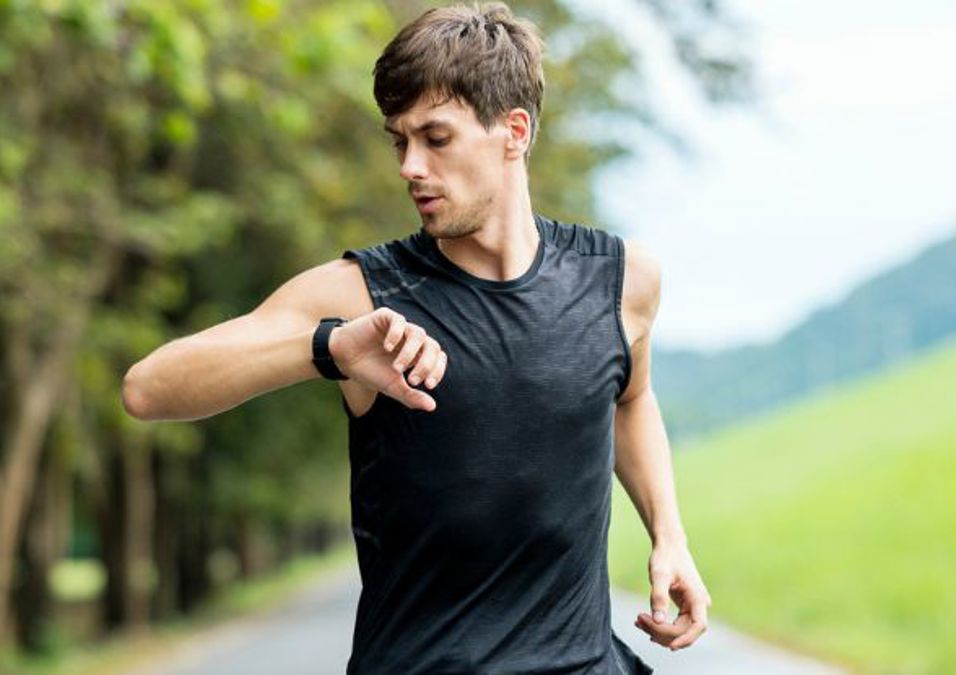Researchers Verify that Physical Activity Decelerates the Sense of Time

SIGN UP FOR YOUR FREE DAY PASS TODAY!
The gym can be an intimidating place. Out of breath and looking fatigued, it's usually not advisable to check the clock.
A 10-minute session on the bike might seem like a reasonable target before you start, but once you get moving, those minutes tend to drag on, according to recent experiments.
This standardized and controlled study was designed by psychologists from the UK and the Netherlands. The researchers claim to be the first to "conclusively demonstrate that the perception of time slows down during exercise," regardless of the intensity or competitiveness of the environment.
Led by Andrew Mark Edwards from Canterbury Christ Church University in the UK, the team conducted experiments with 33 active male and female adults who were asked to estimate when a 30-second period had elapsed without the aid of a clock, relying solely on their internal sense of time.
At rest, participants estimated 30 seconds had passed slightly later than the actual time, making it seem as though time was 'flying' by.
However, when participants engaged in a 4-kilometer (2.5-mile) time trial on a stationary bike, their perception became skewed. On average, half a minute on the bike felt about 8 percent longer than the clock indicated.
These findings align with previous studies that also concluded exercise slows our perception of time. Psychologists suggest this occurs because physical arousal and awareness heighten our consciousness of bodily discomfort, and sensations of pain are known to slow our perception of time.
The study of how humans perceive time is called chronoception. Researchers have found that factors such as age, emotions, drugs, exercise, and body temperature can all influence this internal timekeeping mechanism in various ways.
Unlike previous research, however, this study did not find that higher intensities of exercise or the presence of a competitor made time seem to move slower.
In this study, participants rode a 4-kilometer solo time trial represented by an on-screen avatar, as well as two other time trials with a second avatar on the screen. This second avatar rode on the same virtual track. In one trial, participants were instructed to compete against the avatar; in the other, they were not.
Across all trials and intensity levels, participants perceived time as passing at similar speeds, slower than when at rest.
This could be because their competition was merely an avatar, not a real person, or perhaps participants weren't competitive enough to be distracted by it.
Edwards and his colleagues acknowledge the small size of their study but suggest that "it is exercise per se that significantly distorts time perception," not the intensity of the exercise.
Previous research indicates that novice cyclists aren't typically as focused while cycling as experienced athletes. The authors propose that experienced cyclists might perceive time as passing faster than the average person when riding a bike.
"While this study provides new and significant insights, further research is needed to understand the role of external stimuli, exercise intensity, and duration on the perception of time during exercise," they conclude.
In the meantime, we all have a good excuse for cutting our gym sessions short.
Source: sciencealert
The opinions shared in the GymNation blog articles are solely those of the respective authors and may not represent the perspectives of GymNation or any member of the GymNation team














































































